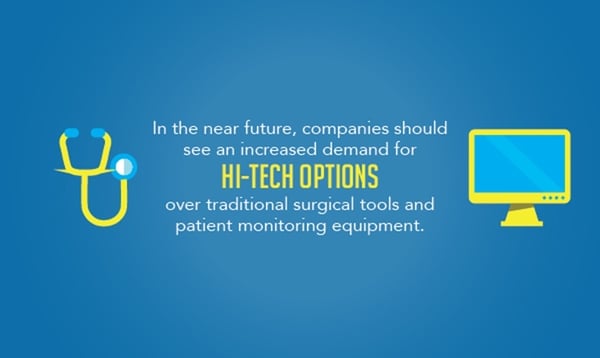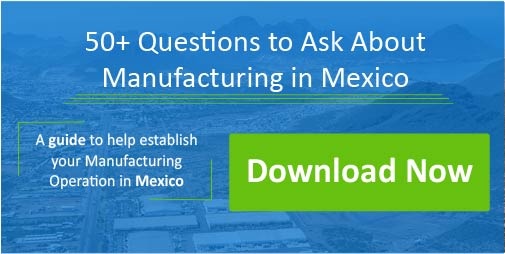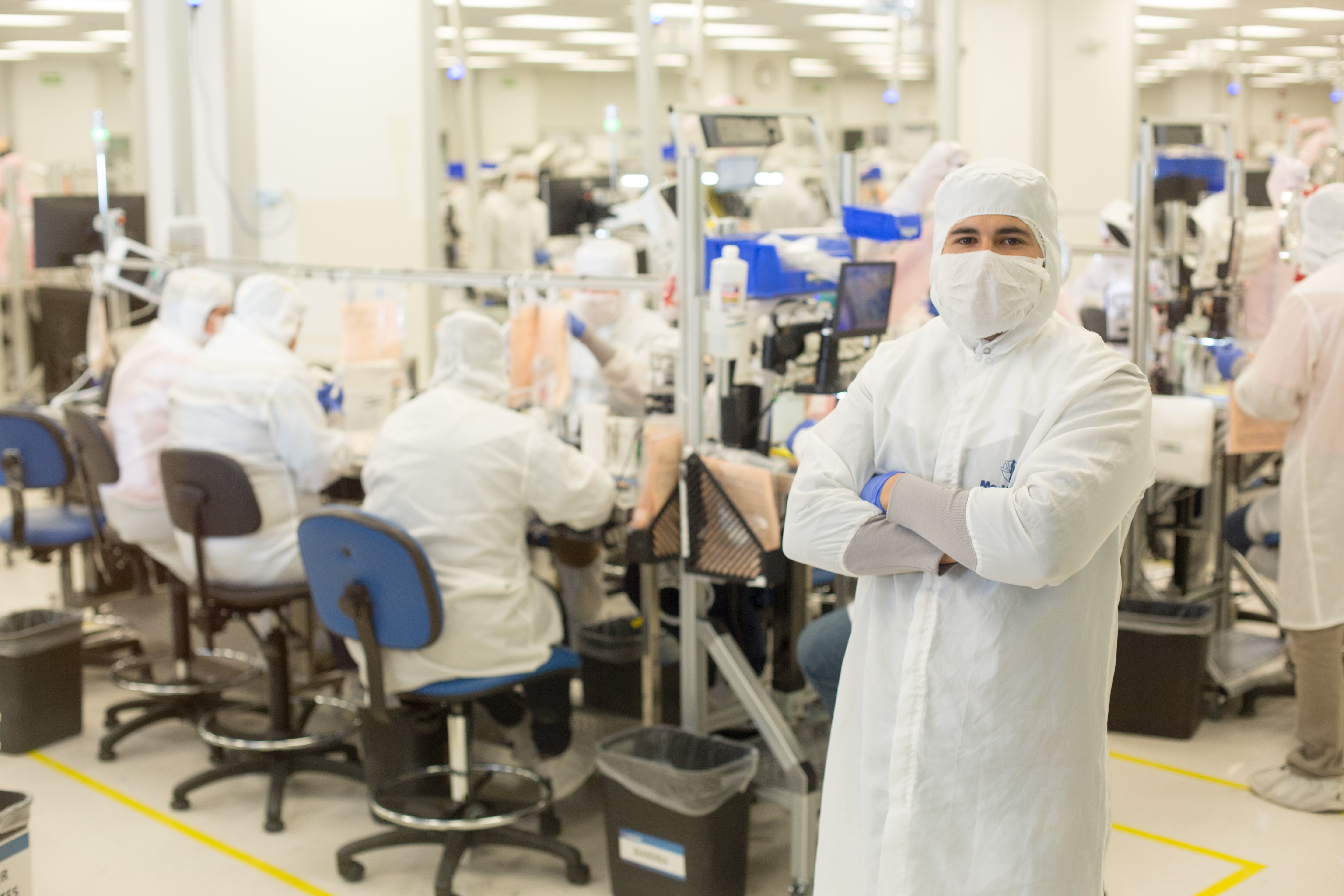Mexican production facilities have been used by U.S. companies to produce goods for decades. While many consumers are familiar with automotive or aerospace manufacturing in Mexico, certain audiences might be surprised to hear the country is a preferred choice for the modern medical manufacturing industry.
Mexico holds benefits for many different types of production. Qmed.com stated how medical device manufacturers can find particular advantages not present in some offshore options. These qualities should promote consistent growth over the next few years and beyond - provided companies know how to make the most of opportunities.
Medical Device Manufacturing Processes are Boosted in Mexico
Manufacturing in Mexico allows U.S. companies to build facilities closer to resources like labor and parts manufacturers. This is a primary reason automotive manufacturing was one of the first industries to move facilities to the country. Mexico produced many auto parts, so major brands built final assembly plants in the country to streamline processes and supply chains.
Medical device manufacturers can benefit from similar consolidation of resources. Manufacturing communities in the country specialize in detailed assembly, like medical equipment and surgical tools. These industrial parks take control of transport and delivery, manage facilities and help companies save money on import and export.
 Manufacturers should begin to expect an increased demand for medical manufacturing facilities.
Manufacturers should begin to expect an increased demand for medical manufacturing facilities.Nearshoring to Mexico also provides the traditional benefits businesses expect from offshoring. Labor is much more cost efficient in Mexico. Qmed said skilled Mexican workforce is available for less than what businesses would pay in China. At the same time, economic prosperity in Mexico combined with a commitment to education means facilities can be filled with talented and motivated workers.
Medical Device Market Future in Mexico
The benefits of Mexican manufacturing combined with a variety of other factors encourages more U.S. companies - and other brands around the world - to move their facilities to Mexico. Consumption of the products by Mexican organizations and patients also have the potential to grow. GlobalData predicted the Mexican medical device market will increase from $4.9 billion to $6.5 billion between 2015 and 2020, according to Today's Medical Developments.
Mexico faces similar modern health demands as many other countries. The global population in developed regions is living longer and faces increased need for products to treat conditions like heart disease. The U.S. in particular needs to deal with a massive aging population.
The fear of epidemics and the need to provide care for the third world also promotes contract manufacturing. Labrinth Analytics projected the global medical device contract manufacturing market will see a compound annual growth rate of about 10 percent between 2016 and 2021. Many organizations want to build facilities in areas like Mexico, which is a major hub for Central America and has optimal trade conditions with other countries around the world.
"The fear of epidemics promotes contract manufacturing."
The types of medical devices are also changing. In the near future, companies should see an increased demand for hi-tech options over traditional surgical tools and patient monitoring equipment. MedGadget shared Transparency Market Research that suggested more doctors want to work with smart devices and specialized equipment to take advantage of intelligent tools and the latest technology.
Challenges for Medical Device Manufacturing in Mexico
Medical device regulation is fairly strict. These products are meant to monitor health and save lives, so governments and other consumer advocacy groups do whatever they can to enforce strict rules for production. Manufacturing in other countries will always require excellent communication strategies and data collection procedures to demonstrate compliance.
This is where nearshoring can really pay off. The closer a facility is to the main company location and the final consumer market, the less chance something will go wrong. Building or using facilities in Mexico allow U.S. companies to shorten the supply chain and work with a labor force trained for cooperative culture. Working with a shelter service helps businesses find where this talent pool exists in the country and the industrial parks ready to deal with other challenges.
Subscribe
Sign up and stay informed with tips, updates, and best practices for manufacturing in Mexico.






